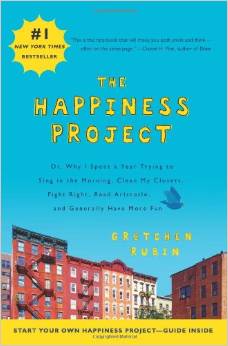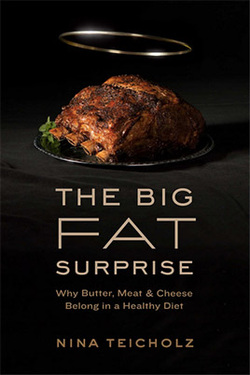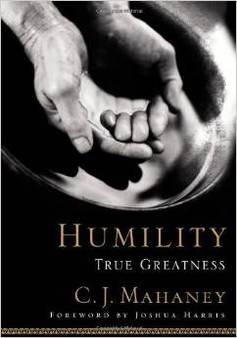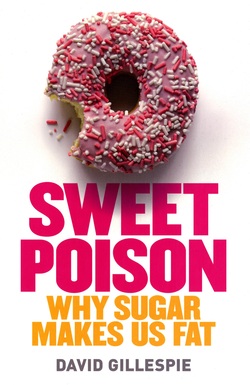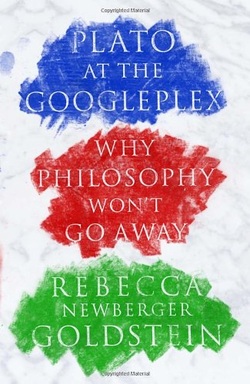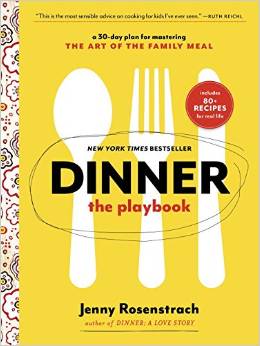 Dinner: The Playbook: a 30-day plan for mastering The Art of the Family Meal by Jenny Rosenstrach, Ballantine Books, 2014.
Dinner: The Playbook: a 30-day plan for mastering The Art of the Family Meal by Jenny Rosenstrach, Ballantine Books, 2014.
I talk in chapter 8 of my book (read it here) that one of my “small things” goals is to plan dinner ahead of time; that, while I’m good at entertaining and planning party food, we often rather limp along through the week’s normal family meals. (Although I am a killer breakfast maker, I must say.) Jenny Rosenstrach’s previous book, Dinner: A Love Story, is referenced there. I ran across that book at the library, liked it, and have visited her blog of the same name several times, which is how I found out about her new book. DALS is a lovely cookbook with many photographs of Jenny’s family; this book is more of a battle plan with recipes included. I have to say that I find most of her recipes to be rather weird and her meals a little on the skimpy side: spaghetti with shallots and Brussels sprouts? really? as the whole meal, not a side dish?
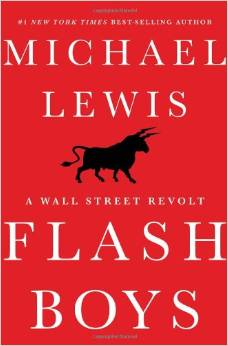
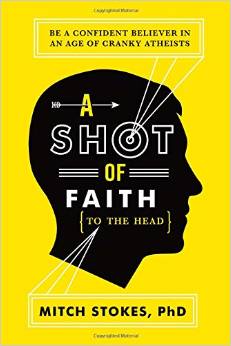 A Shot of Faith {To the Head}: Be a Confident Believer in an Age of Cranky Atheists
A Shot of Faith {To the Head}: Be a Confident Believer in an Age of Cranky Atheists 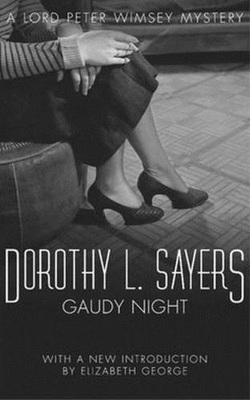 Gaudy Night
Gaudy Night 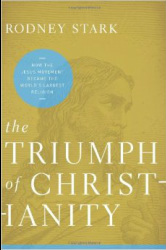 The Triumph of Christianity: How the Jesus Movement Became the World’s Largest Religion by Rodney Stark, HarperOne, 2011
The Triumph of Christianity: How the Jesus Movement Became the World’s Largest Religion by Rodney Stark, HarperOne, 2011